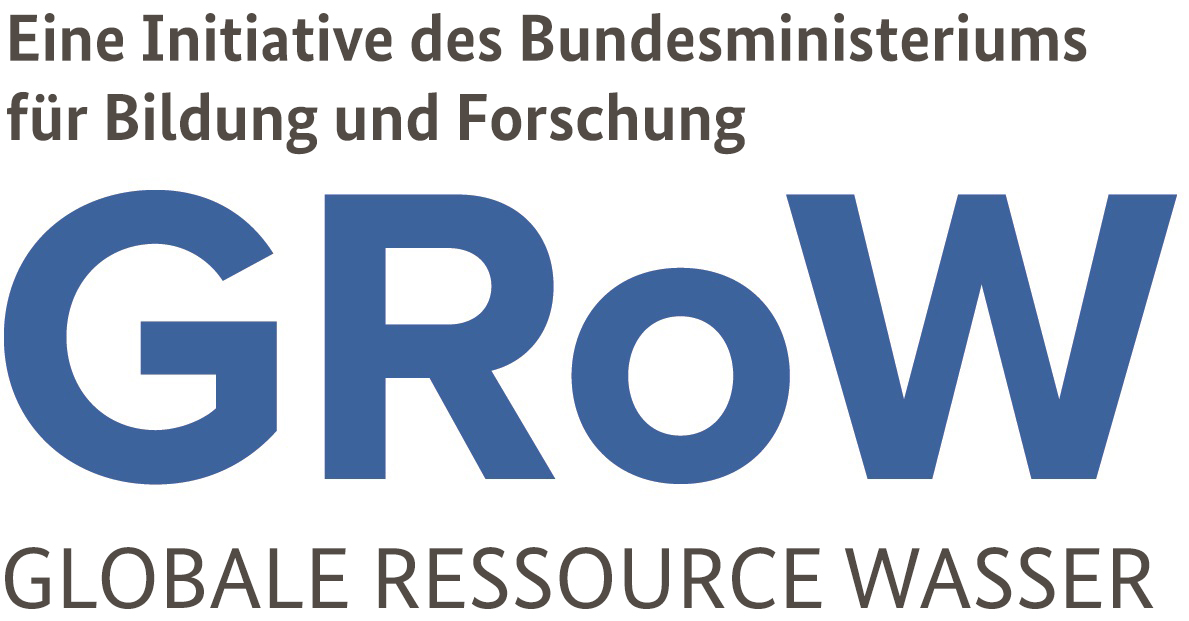WANDEL stellt Prototyp der WANDEL Share-Plattform vor und tritt im Fernsehen auf
| Datum |
Datum
|
Energy production and water availability are inextricably linked. Energy needs water resources (e.g. for distribution, cooling and as a source of energy), and water management requires energy (e.g. for water extraction and treatment). The nine partners in the WANDEL project aim to find out whether restrictions in water availability accelerate the transition to a renewable energy supply by limiting the use of conventional energy systems, or whether they hinder the transition by creating new local water conflicts. In the light of climate change and growing water stress, answering these questions is essential to identifying mitigating effects on the energy transition and developing practical solutions for a sustainable energy and water future.
WANDEL Share platform prototype being tested
To create a globally applicable impact model of the connection between water availability and energy, WANDEL is investigating the water footprint of conventional and renewable energy systems in four case studies in Germany, Morocco and Brazil. The water footprint methodology has been adapted so that researchers can analyse energy systems throughout their supply chains and identify links to the water sector. The results feed into a web-based GIS portal called WANDEL Share. In January 2018, the first milestone was reached when software developer Mundialis proudly presented the first WANDEL Share prototype to the project team. Along with a massive data processing capacity, the portal offers a unique platform for data exchange and non-expert handling. It is currently being tested with initial data acquired in Morocco and Brazil.
During the first half of the project period, WANDEL attracted a great deal of interest from expert groups, for instance at the World Water Forum 2018 in Brazil and in the JRC SETIS magazine (SETIS = Strategic Energy Technologies Information System), and from the general public via interviews that aired on a local German TV channel as part of a programme called Alle Wetter (11 December 2017) and press releases published by Industrieplatz Hessen, Cleantech Germany and Schattenblick, among others.
The first workshops carried out in each of the four project regions drew the attention of local stakeholders and strengthened the fruitful cooperation which is contributing enormously to the project’s success. A collaboration with the Brazilian Agricultural Research Corporation (EMBRAPA) has provided WANDEL with many new insights regarding efficient water use in sugarcane farming and ethanol production.
Efficient cooperations established
The collaboration between the Wuppertal Institute and the Moroccan research institute MENARES flourished after the successful organization of the first stakeholder workshop for the case study on solar thermal power plants in the Ouarzazate desert in April 2018. Building on the positive reception, the second stakeholder workshop in December 2018 resulted in a passionate discussion between stakeholders from agriculture, the water sectors, local administration and civil organizations about selected water-saving measures. This laid the foundation for a multi-criteria analysis that is currently being carried out by the Wuppertal Institute.
Promising collaborations between regional administrations and state electricity utilities have also been set up in Bavaria, Germany, as part of the Weser case study (energy production based on coal) and the Upper Danube case study (energy production based on hydropower). A recent highlight was winning Uniper, a private energy supplier and operator of a coal power plant, as a partner. This will enable the project partners to acquire valuable insights for developing the energy scenarios. The first international workshop in Kassel in November 2018 revealed that awareness of the water-energy nexus is still lacking. It is therefore crucial to ensure that possible solution strategies receive recognition in the future.
To overcome the obstacles to data acquisition that have been encountered in the various pilot studies, WANDEL aims to further extend local collaborations and project participation among different stakeholders. In order to communicate results to the scientific community, the project is working on its first peer-reviewed article describing its water footprint methodology. The advancement of the water footprint concept represents an important milestone. Spatially explicit information at the grid cell level, as provided by the applied hydrological modelling framework WaterGAP3, will be combined with a life cycle assessment (LCA) systems perspective that covers the full supply chains of the examined case studies. The soft-coupling of the hydrological model and the LCA systems approach provides scope for evaluating the extent to which changing water demands along an energy system’s supply chain will impact water resources in the future, in addition to the implications of climate and land use change. Hence, every process and related component that uses water in the supply chain can be identified and quantified to determine the total water footprint.
Working with its wide range of partners, WANDEL is determined to overcome these challenges and continue its efforts to develop a streamlined water footprint methodology that can be used to build a water availability impact model for the energy landscape on a global scale. The development of standardised indicator sheets, transparent cross-sector and cross-level communication, expedient data generation and transfer, and public outreach will keep the researchers busy over the coming project period.
To find out more about the project, click here.
